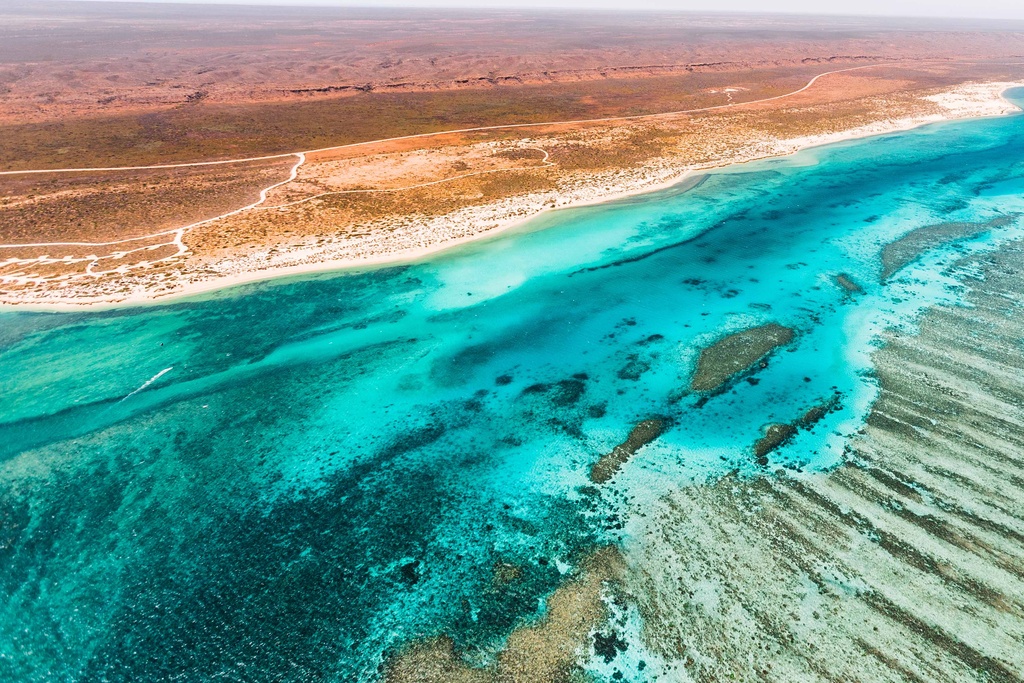Quality Assurance and Quality Control

QA/QC processes for data streams delivered by IMOS Facilities/sub-Facilities
High-quality ocean observations require standardised and sustained quality assurance (QA) and quality control (QC) procedures and practices to ensure data integrity, interoperability and uptake by end users.
One of the main challenges for ocean observing programs such as IMOS is the diversity in nature and format of the data collected by its Facilities and sub-Facilities. To provide reliable ocean observations and ensure the highest possible data quality standards and interoperability, IMOS has developed a QA/QC framework outlining the procedural expectations for the collection, treatment, management and delivery of IMOS data streams.

QA/QC framework document
The IMOS QA/QC Framework document outlines IMOS QA/QC requirements for IMOS data streams. The purpose of this document is to provide a quality framework and an evidence base for the IMOS community. It ensures that IMOS ocean observations are collected and delivered according to defined principles, including adherence to agreed standards. Further documentation detailing specific procedures followed for QA/QC of each data stream can be found on the respective Facility/Sub-Facility webpage. IMOS advises interested users to assess and understand the quality of datasets prior to use.
Over the years, most IMOS Facilities/sub-Facilities have successfully developed QA/QC procedures for their respective data streams that have become aligned with, or have directly inspired, world’s Best Practices in ocean observing. IMOS is a contributing member of the Ocean Best Practices System (OBPS), which aims to deliver open-access procedural documentation on Best Practice protocols related to ocean observing, including QA/QC. IMOS QA/QC documentation will be regularly updated to ensure that QA/QC procedures remain current and uploaded to the IMOS Community Repository on the OBPS website for access by interested parties. This continuous improvement and open-access framework guarantees that data provided by IMOS are of highest quality and reliability to support a broad range of scientific and operational needs.